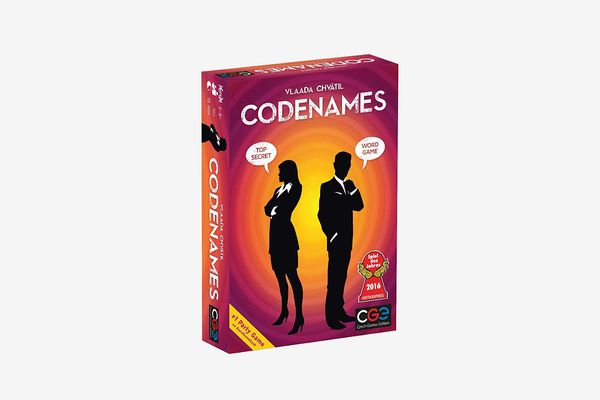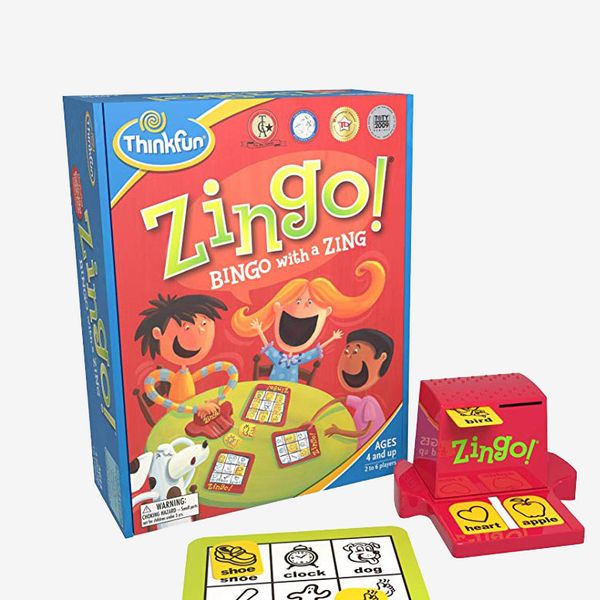Top 10 Best Board Games for Kids: Fun and Learning Combined
Top 10 Best Board Games for Kids: Fun and Learning Combined
Blog Article
Top 10 Best Board Games for Kids: Fun and Learning Combined
Board games have long been a staple of family entertainment, providing opportunities for cultural interaction, strategic considering, and creativity. With countless options available, selecting the right board games can be quite a difficult task. That guide outlines essential facets to take into account when selecting the most effective board games to make sure both fun and developing benefits.

Era Appropriateness
Among the first criteria when selecting a board game is age the youngsters who is going to be playing. Board games in many cases are developed with specific age ranges in mind, taking into account the cognitive and cultural abilities typical of these ages. Search for era suggestions on the presentation or item information to ensure the overall game suits your child's developmental stage. Games created for younger children usually feature simpler rules and smaller playtimes, while those for older kiddies might require more complicated strategies and longer durations.
Instructional Value
Several board games present educational advantages, supporting young ones develop crucial skills while having fun. When selecting a game title, contemplate what skills it promotes—be it critical considering, mathematics, studying, or social interaction. Games that involve counting, punctuation, or strategy may bolster classroom learning in a lively environment. Parents and educators usually enjoy activities that mix entertainment with learning, making them a great choice for both play and educational reinforcement.
Group Size and Interaction
Board games differ considerably when it comes to the amount of people they accommodate. Some activities are made for just two players, while others can involve big groups. Consider the conventional playgroup size when choosing a game. If you usually sponsor gatherings or household sport evenings, try to find games that can provide more people to inspire conversation and teamwork. Also, assess the degree of cooperation versus opposition within the game. Cooperative activities, where players come together toward a typical purpose, can foster teamwork and conversation skills, while competitive games may show balanced competition.
Play and Difficulty
The length of gameplay can somewhat influence your family's enjoyment. Some young ones have shorter attention spans, making fast activities more inviting, while the others may prosper in lengthier, more immersive experiences. Determine the typical play indicated on the field and contemplate your children's preferences. Complexity is still another crucial factor; young children may possibly benefit from easier rules, while teenagers may enjoy the process of more complex mechanics.
Styles and Pursuits
Young ones tend to be attracted to activities that arrange using their passions, whether that is illusion, adventure, or history. Selecting a game with a design that resonates with your son or daughter may improve their engagement and enjoyment. Flick through the game's components, graphics, and premise to ensure it reflects their imagination.

Conclusion
Choosing the best board games for kids requires an innovative consideration of age appropriateness, instructional value, class makeup, play, difficulty, and particular interests. By keeping these factors in your mind, you can select games that not only entertain but also contribute to your child's progress and foster cherished family memories. With the right board games , family game evenings can become a popular convention full of laughter and learning. Report this page